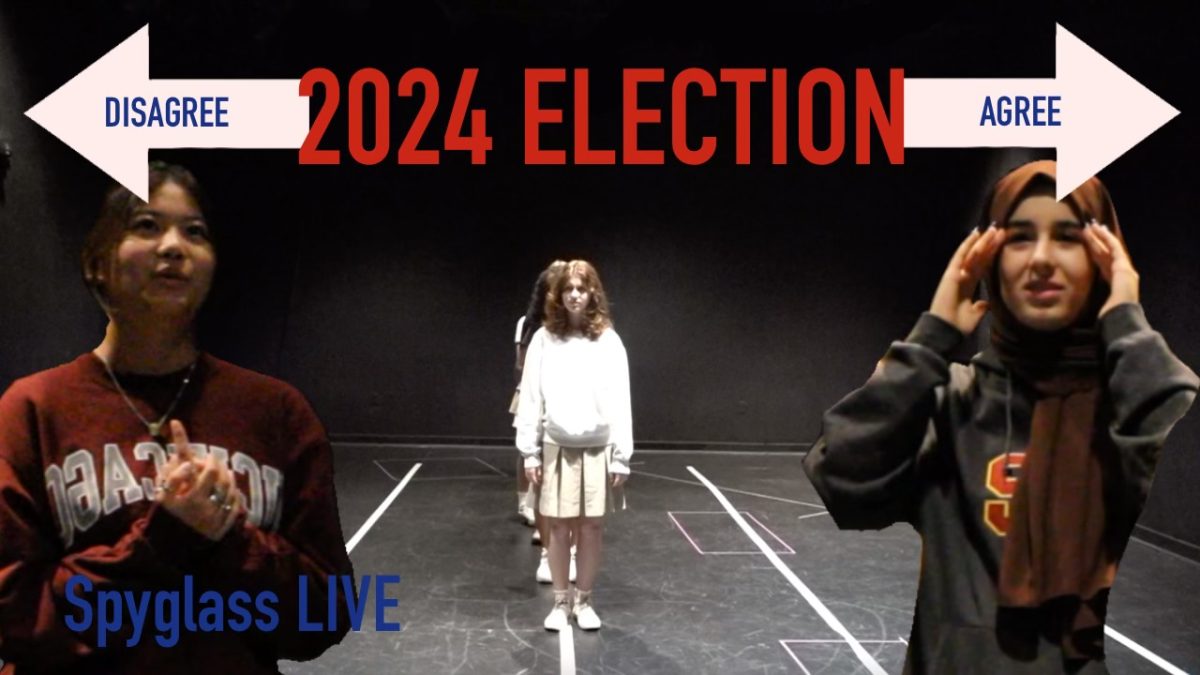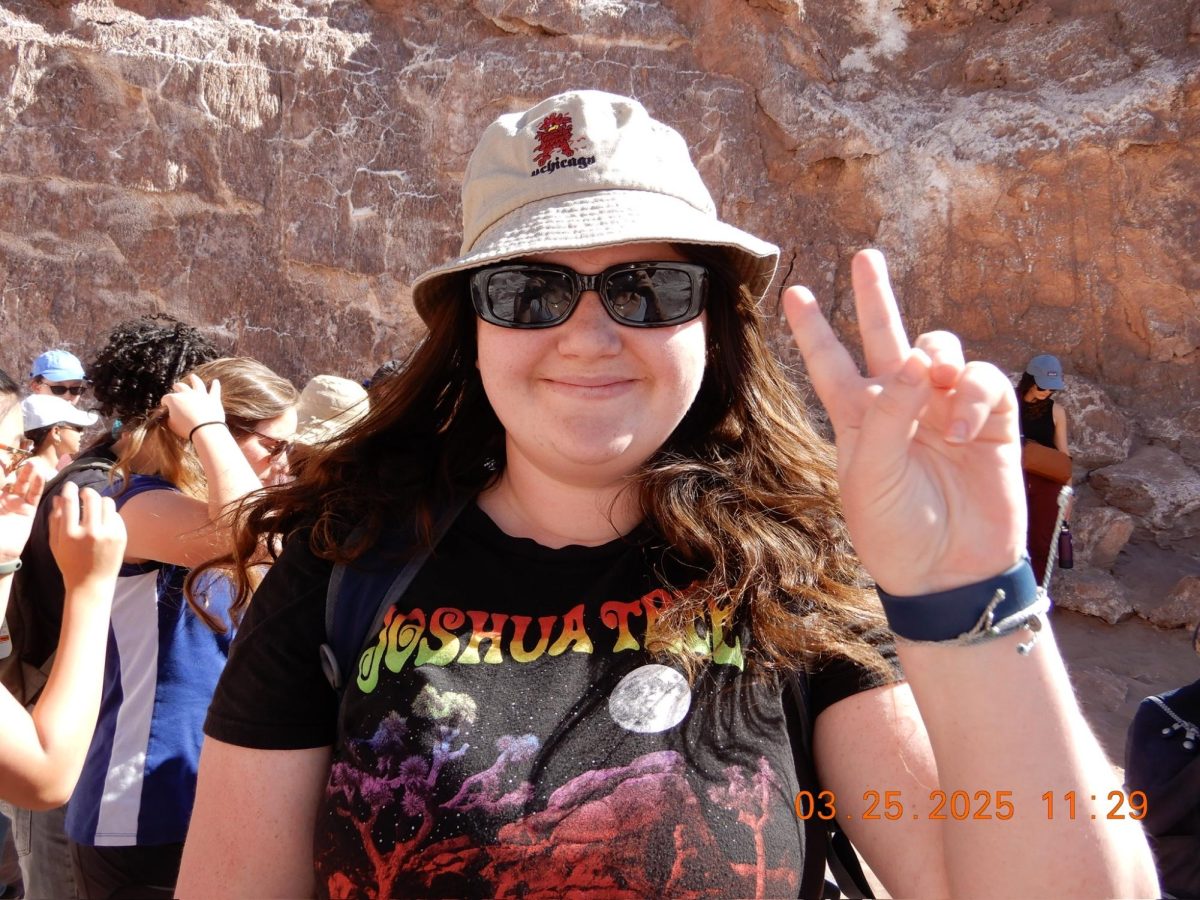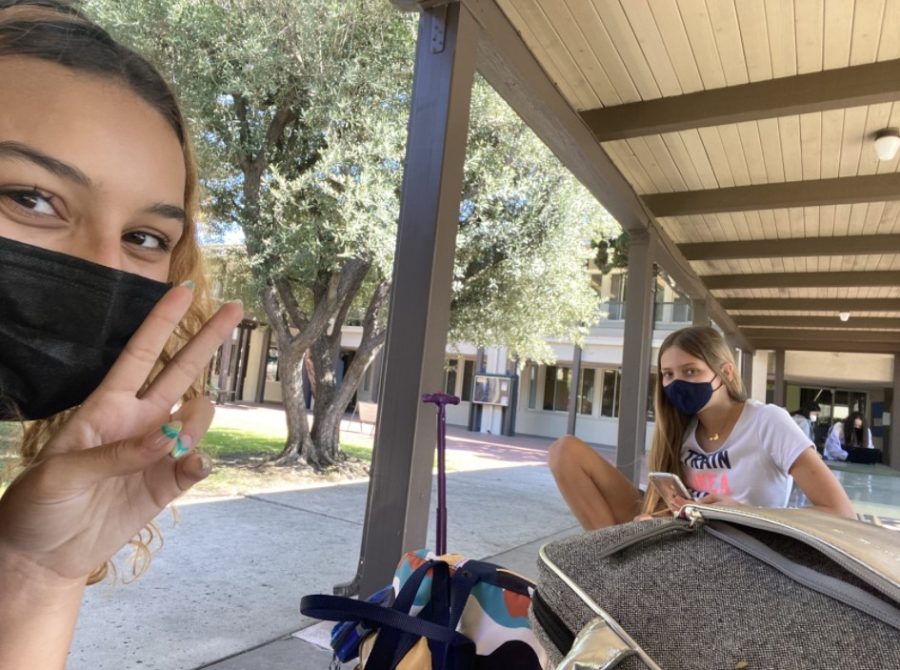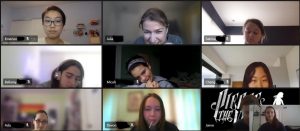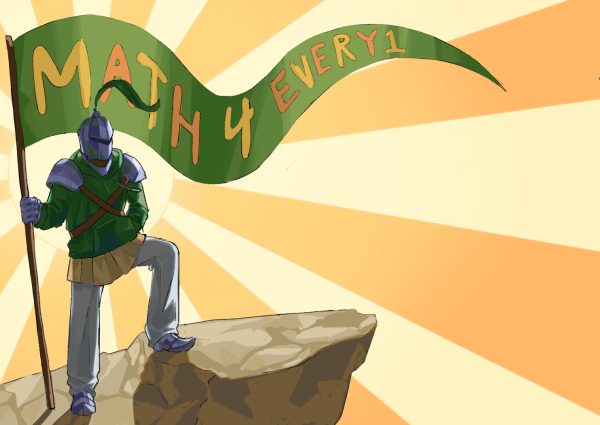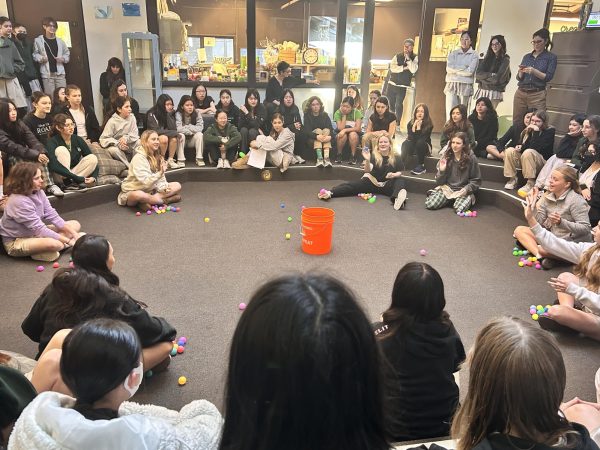Pandemic Fatigue and the New Struggle to Socialize
Have you been struggling to socialize with classmates? With teachers? Do online social interactions feel less rewarding and motivating than in-person ones? If so, you’re not alone. You might be experiencing what people have coined “pandemic fatigue.” While online educational institutions have for years extolled the virtues of remote learning, online school has had some unintended consequences on students’ social and emotional well being. For many students, it’s not just remote learning; it’s remote learning coupled with social distancing that has caused students to feel disconnected from their teachers and peers.
The countless casual interactions a student might encounter throughout the day, like seeing a teacher in the line at the Commons, catching a quick chat with a friend on the way to class, or pausing for a brief snack, are now virtually gone — pun intended. Chloe W. ‘26 feels cut off from others despite her occasional interactions with her classmates. She said, “I don’t feel like I can connect with anyone, and I wasn’t able to see anyone in person because of quarantine.”
Even when it is possible to connect with others or reach out to teachers, many students feel too shy or timid to do so. Adelaide C. ’26 said, “Though everyone is working really well even through remote learning, it’s crazy that most of our teachers we’ve never seen or interacted with in person. It isn’t the same as knowing, working, and meeting with people on campus. I think this creates a sort of disconnect between a more emotional relationship where students are more comfortable with talking to the teacher even with school related questions.”
For students like Chloe who are new to Westridge, it is even harder to reach out and connect with others, especially since many people are staying in their friend group or haven’t had opportunities to get to know people well. This can cause students to feel excluded and left out.
And it’s not just students. Faculty members are also having a hard time connecting to students. Dr. Lisa Carruthers, Director of Counseling and Student Support, noted the difference in formality during interactions, “There were a lot of occasions on campus where I would pass by students through hallways or stand behind students waiting for lunch, opportunities for informal conversations that now require a Teams meeting. It’s a lot more difficult. It feels like there are barriers to connecting with others that weren’t there before.” This causes some people to feel less motivated to reach out because of how challenging socializing has become.
Whitley L. ’26 said, “It’s really just been harder for me to socialize because I’ve spent enough time alone now to develop a kind of anxiety that goes with meeting and talking to new people. I think it really just takes me a little while longer to warm up to people now.”
In some ways, remote learning amplifies the physical and emotional distance. Leila C. ‘26 said, “I think texting people is way different from in-person conversations because during texts you can’t express your feelings the same way you can in person. The person you send your text to might take in your emotions differently over text, and now that we are relying on texts and calls to interact with people, it is kind of boring. In breakout rooms it is always a little awkward, especially if there are new people in your group because like I said earlier we are only interacting through Teams.” In breakout rooms students can work in groups, but if everyone turns off their camera, sometimes a lone student can be left with only her reflection. The result is that everyone turns their camera off.
Elyse L ‘26 feels that she isn’t able to do as well in remote school as she was in person. She said, “I think that it is harder to pay attention in class because I have so many distractions around me. I also feel like I have become more distant from my friends. Since this is my first year at Westridge, I am always trying to contact my friends from my old school. But they never respond, and so we’re not that close anymore.”
Even when people manage to reach out to others, many find themselves opting to chat over text rather than call. These types of interactions don’t feel as real, and it becomes harder to read the other person’s emotions. The stiffness and formality of socializing online makes social interactions less rewarding overall. When this pattern is repeated over and over, the lack of motivation to socialize builds up, playing into a sense of tiredness or fatigue. As Westridge opens campus for SEL activities and in-person learning, students will need to readjust to the social expectations that come with it. It’s not clear whether the challenge to stay connected remotely will be easier or more difficult than reconnecting in person.





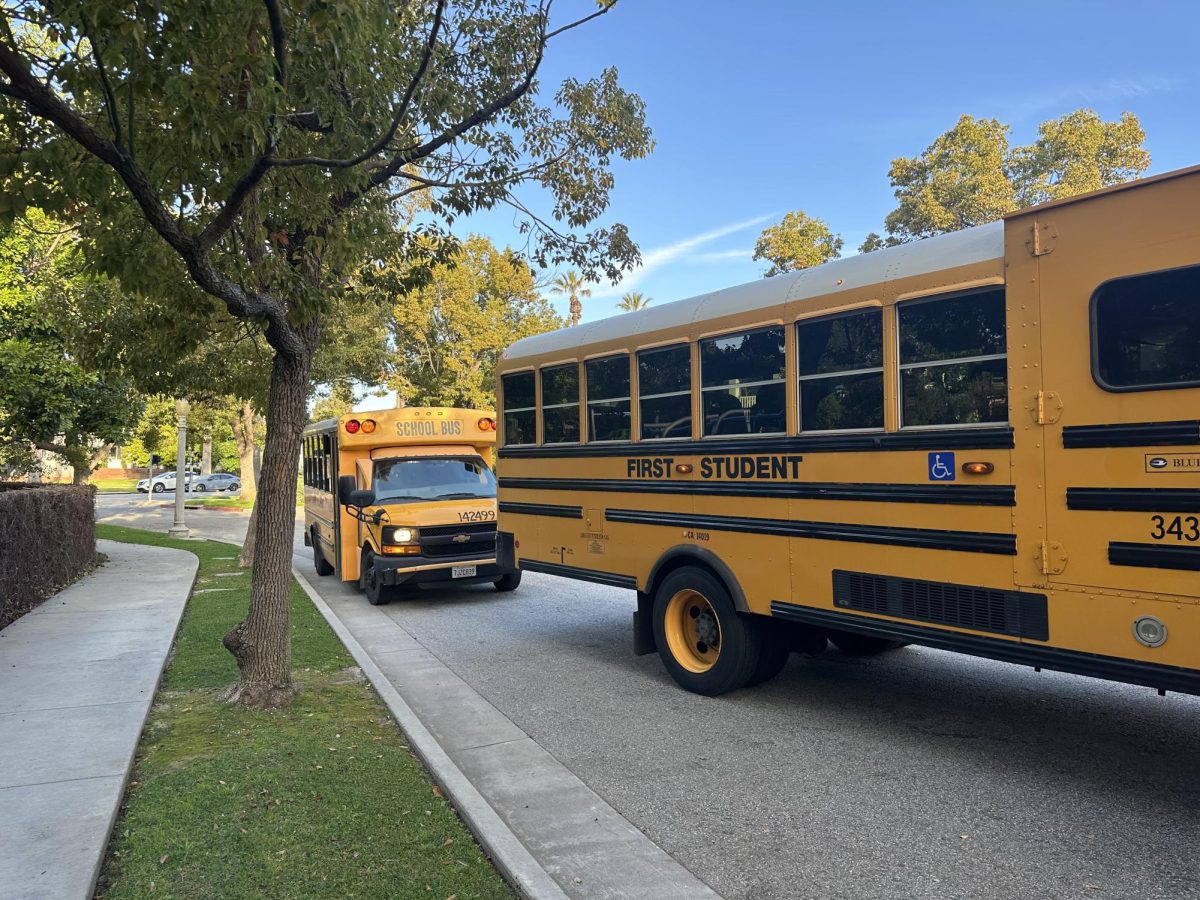


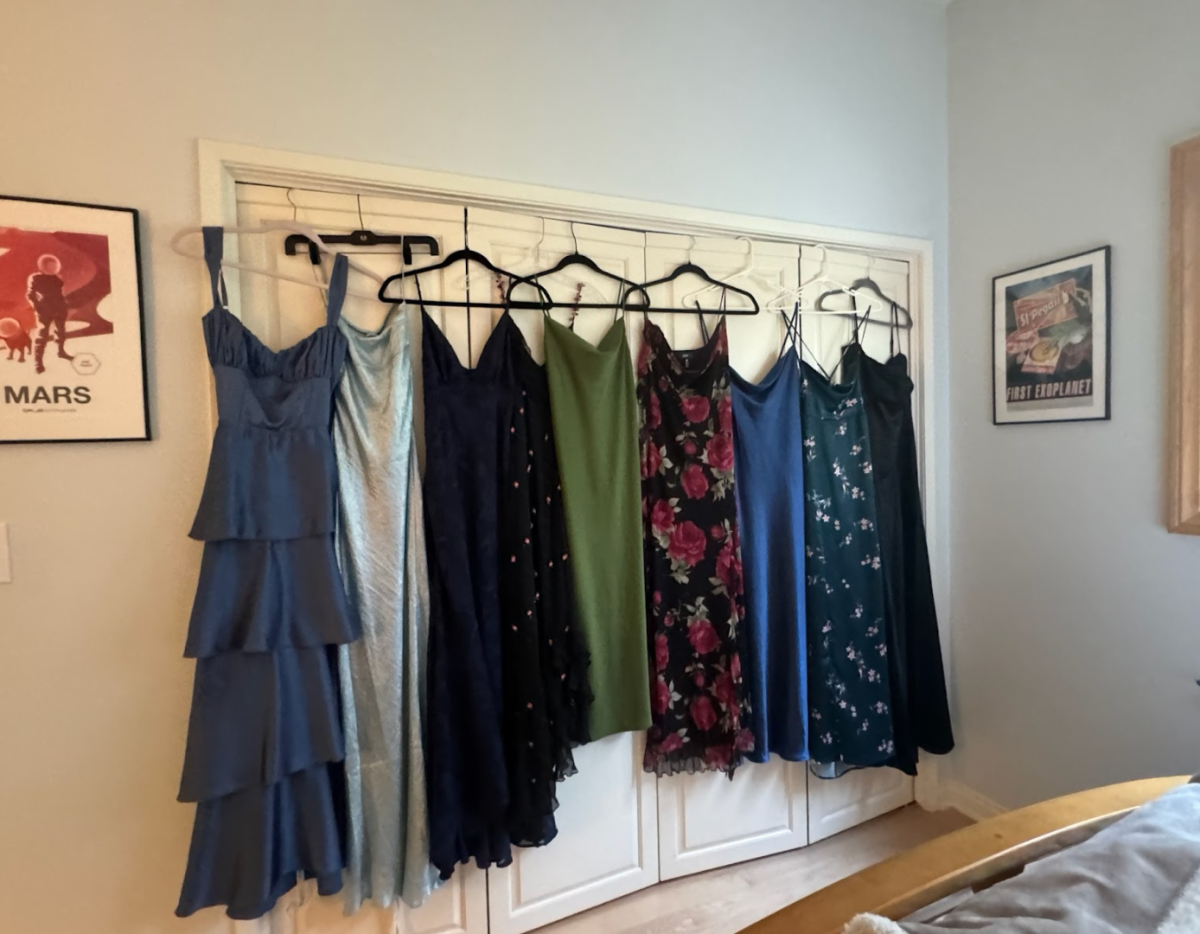








![Dr. Zanita Kelly, Director of Lower and Middle School, pictured above, and the rest of Westridge Administration were instrumental to providing Westridge faculty and staff the support they needed after the Eaton fire. "[Teachers] are part of the community," said Dr. Kelly. "Just like our families and students."](https://westridgespyglass.org/wp-content/uploads/2025/03/dr.-kellyyy-1-e1748143600809.png)






















